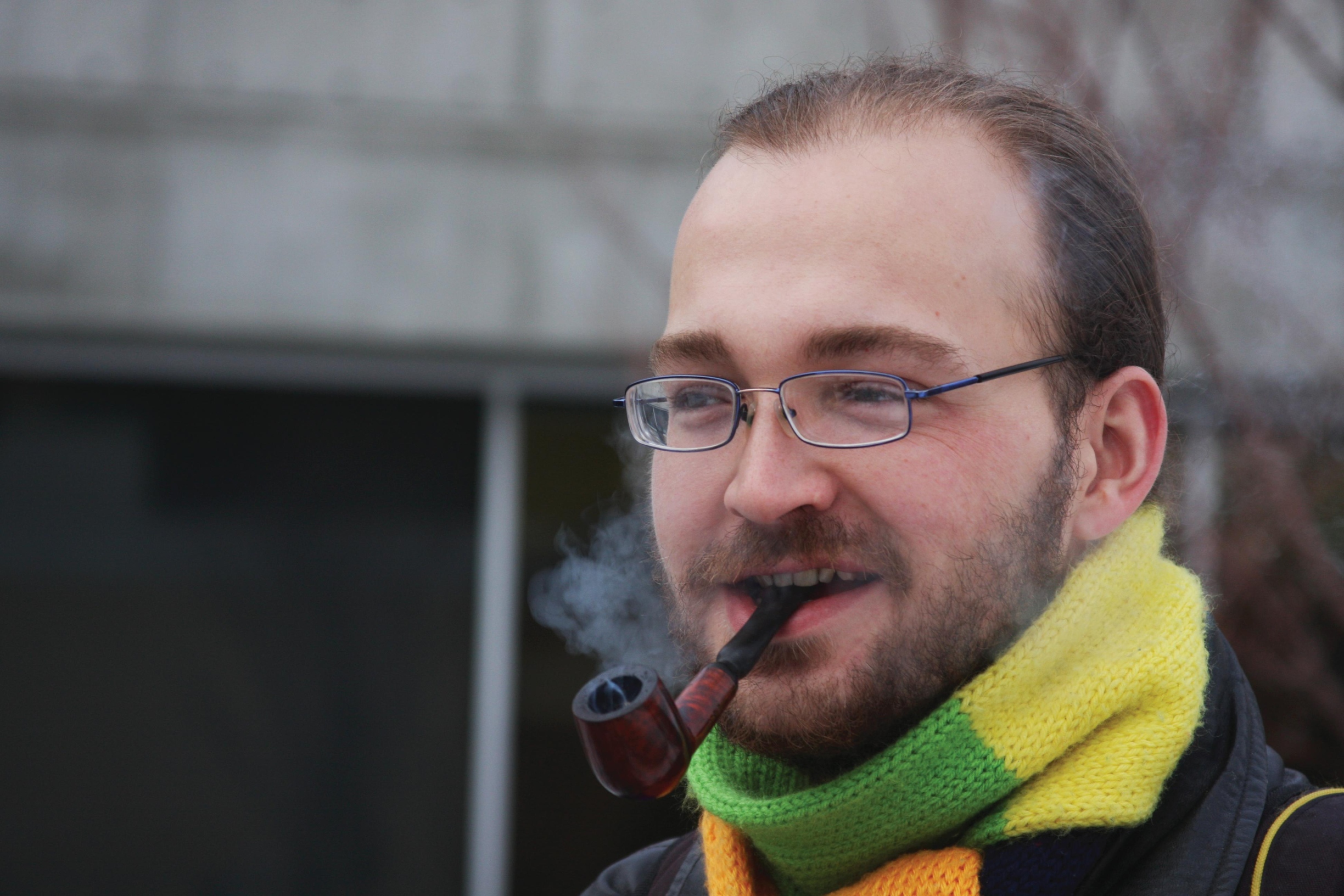Legislature considers upping age minimum to buy tobacco
The Utah Legislature is looking to change the statewide legal smoking age from 19 to 21 years old this legislative session. If passed, the new law could take effect as early as May 1.
The bill, Senate Bill 12, is sponsored by state Sen. Stuart Reid, R-Ogden. Reid declined to comment about the issue.
The bill is currently stagnant, according to Sen. Evan Vickers, R-Cedar City, who is head of the House Health and Human Services Committee in which the bill will is assigned.
“Right now, it has been drafted and it has been through rules,” Vickers said. “Sen. Reid told me to hold the bill until he was ready to have it heard in committee, so basically I am just waiting on him.”
Adam Bramwell, the media liaison of the Tobacco Prevention and Control at the Utah Department of Health, said if Utah were to pass the bill, it would be the first state to do so. There are some areas such as Hawaii County in Hawaii and New York City that have recently passed smoking restrictions. States like Colorado, Vermont and Maryland are also considering similar bills.
Bramwell said the tobacco industry is built on the back of teens.
“One of the things we often say is tobacco use is a pediatric epidemic, meaning it starts with teens,” Bramwell said. “About 90 percent of adult smokers started before the age of 18.”
Food and Drug Administration officials estimate about 3,200 teenagers try their first cigarette everyday and 700 of those teens become daily smokers.
“Many teens start smoking and think, ‘I’ll quit before anything bad happens to me,’ or, ‘That’s going to happen to somebody else, that isn’t going to happen to me,'” Bramwell said. “Unfortunately, that is not the case. Teens grow older, and they often then are burdened from a disease that results from tobacco use.”
Andre Womack, a former USU student who has smoked since he was 17, said he doesn’t believe the bill would prevent people from smoking.
“The people who are smoking at 19 were probably already smoking before they were 19,” he said.
Womack said he respects the lawmakers for thinking of children, but it is improbable that changing the smoking age is going to reduce the number of teenagers from smoking.
“Raising it to 21 doesn’t stop people from smoking,” Womack said. “If anything, it encourages people to smoke then because it’s kind of a rebellious thing then. It’s a big fun feeling of being able stick it to the man.”
Korri Carter, a 20-year-old USU student, said if the bill did pass, she would continue to smoke regardless of the age restrictions.
“I have mixed reactions toward the bill,” Carter said. “I think it’s both a good idea but also a bad one; good because at 19, people are still developing; bad because it takes away freedom that people already have.”
Charlie Hunenemann, a philosophy professor at USU, said he is concerned about those who serve in the military.
“You can legally start serving in the military when you are 18, and so we’re saying, ‘You’re mature enough to make that decision, but you’re not mature enough to make a
decision about smoking and drinking,'” Hunenemann said. “It seems to me there is a conflict there.”
Barfuss said he thinks the bill won’t pass because tobacco is such a taboo subject in Utah.
“Everybody’s afraid that they are pushing morality or religion on it, but in reality it is a health aspect,” Barfuss said. “Everybody should be concerned about the health aspect of tobacco use and not realistically looking at is as moral reasons for doing it.”
Because of the low population of people who smoke at USU – about 3.6 percent – Barfuss doesn’t think the law change would affect USU that much.
“Since tobacco products aren’t sold currently on university’s campus, I don’t think it would really make that much of a difference,” said Daryn Frischknecht, Student Advocate vice president for USU. “The students who do currently use these products are getting them from other places around Logan.”
According to Bramwell, the state of Utah has the lowest percentage of people who smoke in the U.S., which is about 220,000 people.

